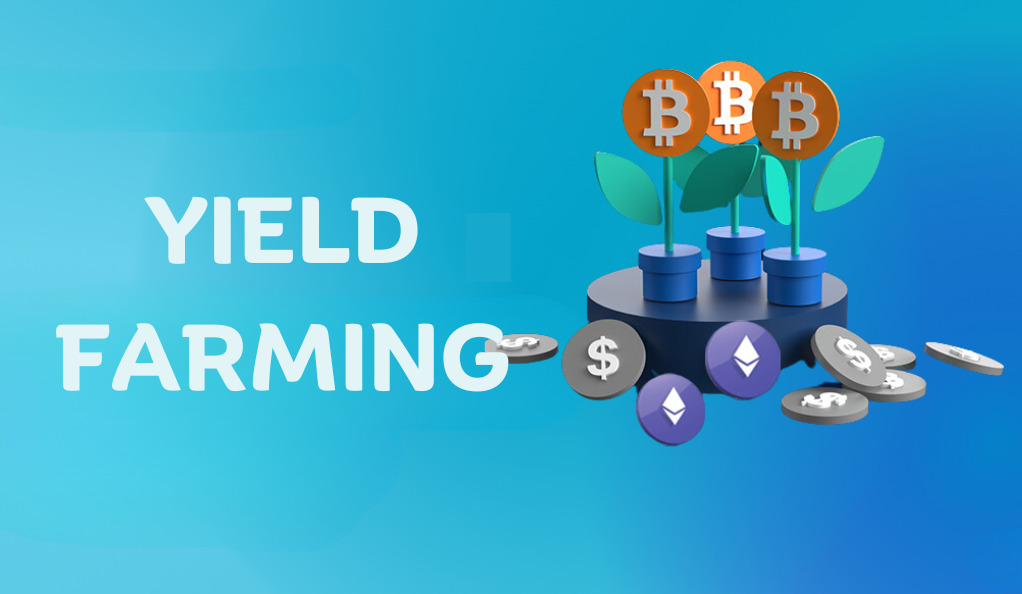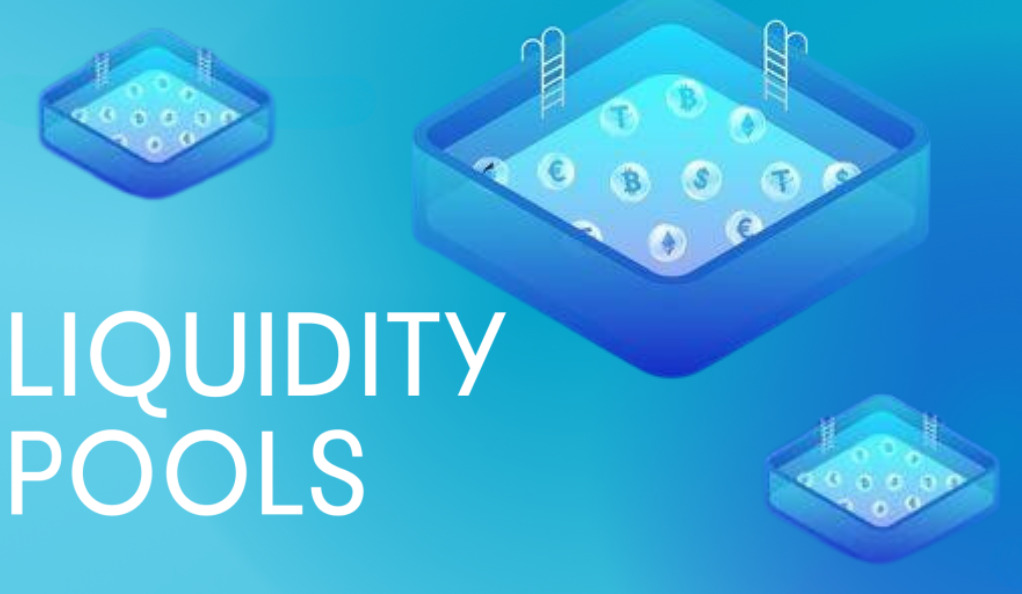
Yield farming and liquidity pools are two key concepts in the world of blockchain and decentralized finance (DeFi). These innovative concepts have gained significant traction in recent years, revolutionizing the way individuals generate passive income and participate in the crypto ecosystem. Understanding how yield farming and liquidity pools work is essential for anyone looking to take advantage of the potential benefits they offer.
What is Yield Farming and Liquidity Pools?

Yield farming, also known as liquidity mining, is a practice that allows cryptocurrency holders to generate rewards by lending or staking their digital assets on DeFi platforms. It involves providing liquidity to liquidity pools, which are smart contract-based pools of funds that facilitate transactions and trading activities. Liquidity pools are typically created through decentralized exchanges (DEXs) and allow users to trade tokens without relying on traditional order books.

By providing liquidity to these pools, users can earn rewards in the form of additional tokens or fees generated from transactions taking place within the liquidity pool. The rewards are usually proportionate to the amount of liquidity provided. Yield farmers can maximize their returns by strategically allocating their assets to different liquidity pools or yield farming protocols that offer higher rewards or incentives.
Exploring the Mechanics and Benefits of Yield Farming
Yield farming is made possible through the use of smart contracts, which automatically execute predefined rules and distribute rewards to participants based on their contributions to the liquidity pool. These smart contracts eliminate the need for intermediaries, allowing for a more decentralized and efficient system. Furthermore, yield farming provides an opportunity for cryptocurrency holders to put their idle assets to work and earn passive income, which can be particularly attractive in an era of low interest rates.
One of the significant benefits of yield farming is the potential for high returns. However, it is important to note that yield farming involves risks, including the potential for impermanent loss and smart contract vulnerabilities. Impermanent loss occurs when the value of the tokens in the liquidity pool changes relative to each other, resulting in a net loss for the liquidity provider compared to simply holding the tokens. Thus, it is essential for participants to carefully assess the risks and rewards before engaging in yield farming activities.
Yield farming and liquidity pools have emerged as a popular avenue for individuals to earn returns on their cryptocurrency holdings. By providing liquidity to decentralized exchanges and other DeFi platforms, users can generate rewards and participate in the growth of the blockchain ecosystem. However, it is crucial to approach yield farming with caution, as it involves risks that should be thoroughly understood. As the world of blockchain and DeFi continues to evolve, understanding and navigating these concepts will be increasingly valuable for anyone looking to make the most of their digital assets.
Ainu Token aims to offer impartial and trustworthy information on cryptocurrency, finance, trading, and shares. However, we don't provide financial advice and recommend users to conduct their own studies and thorough checks.



Comments (No)